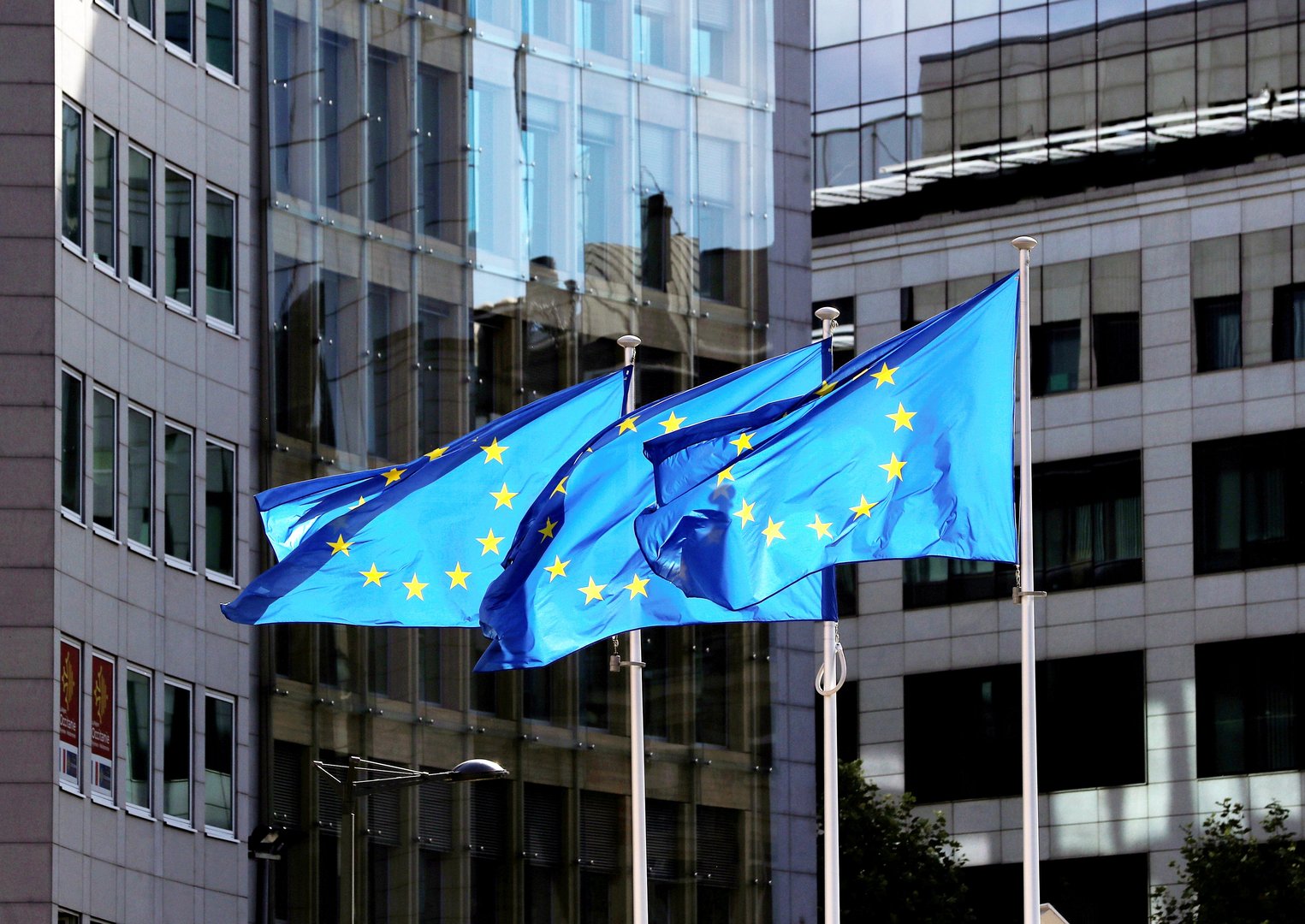By Maria Demertzis
In 2019, ahead of that year’s European elections, my colleague Guntram Wolff, at the time Bruegel’s director, and I edited a collection of essays written by our Fellows for the incoming European Union leadership. We urged the leadership to be bolder in their actions, to aim for greener policies and to safeguard EU cohesion.
Now, in the run-up to June’s European elections, it is clear that the last five years turned out quite differently to our expectations. In spring 2019, when we edited the book, there was no way of knowing that in less than a year, the whole world would be in lockdown and EU countries would end up recording 1.3 million deaths from COVID-19. Nor was it reasonable to assume back then that five years later there would be a prolonged war at Europe’s borders. Nor that a totalitarian Russia was going to cause the biggest energy crisis the world has ever seen, forcing the EU to decouple completely from Russian energy.
National and EU leaders ended up pursuing policies that were braver than they have ever been, even if forced by poly-crises. In the spring of 2020 and within three months, EU leadership put together several different packages to finance the development of the very much-needed vaccines and to protect economic value and jobs.
Remarkably, learning from the Global Financial Crisis, this was not done at the expense of very much-needed investment, particularly in the green and digital transitions. The NextGenerationEU package was put together to finance the recovery and increase the EU’s resilience. This was brave because it was put together quickly and, for the first time, was financed by issuing common debt: the EU borrowing as one to provide loans and grants to countries. The response was certainly green as its motivation was to continue investing in the green economy. And it was fair because the allocation of funds was given proportionately to those hit the hardest by the pandemic, in inverse relation to each country’s financial means.
An unused part of NextGenerationEU was repurposed to speed the decoupling from Russia while accelerating the energy transition away from fossil fuels. The EU also came together to impose sanctions to sever economic relations with Russia. Countries were once again allowed to bypass fiscal and state-aid rules so they could provide financial assistance to households and companies to deal with the inflation shock that rising energy prices caused.
The next five years
We are unable to predict the future. But we do know that in the next five years, the EU will have to prioritise its security, economic and otherwise. While we all hope for a peaceful future, the fact remains that global rivalries have created turbulence. The EU and Europe will need to safeguard peace by investing in stronger military forces.
This does not come naturally to the EU because it was created as a peace project. It also had never had the ambition to pursue a common foreign policy, which leaves it now at a clear disadvantage and in great need to accelerate coordination.
At the same time, there is no doubt that the global economy is not as open as it used to be. Countries will need to rely less on trade and more on domestic production and consumption. All of
this has revived protectionist instincts that further fragment the global economy. The EU will undoubtedly have to mimic some of that – at the very least to guarantee its own economic security.
But we all know that this is ultimately a race to the bottom. The more is invested in military forces, the more the threat of war increases. The more economies close in to protect themselves from unfair competition, the more welfare and capacity to innovate are undermined. And last, the more we struggle to bring everyone around the global table and establish an acceptable global rule book, the less well it will be able to deal with the climate emergency.
No doubt the next EU leadership will need to ensure unity and cohesion. And it will not stop needing to be brave.
Maria Demertzis is a Senior fellow at Bruegel think tank, Brussels. The article was posted by Bruegel and on the blog of the Cyprus Economic Society.







Click here to change your cookie preferences